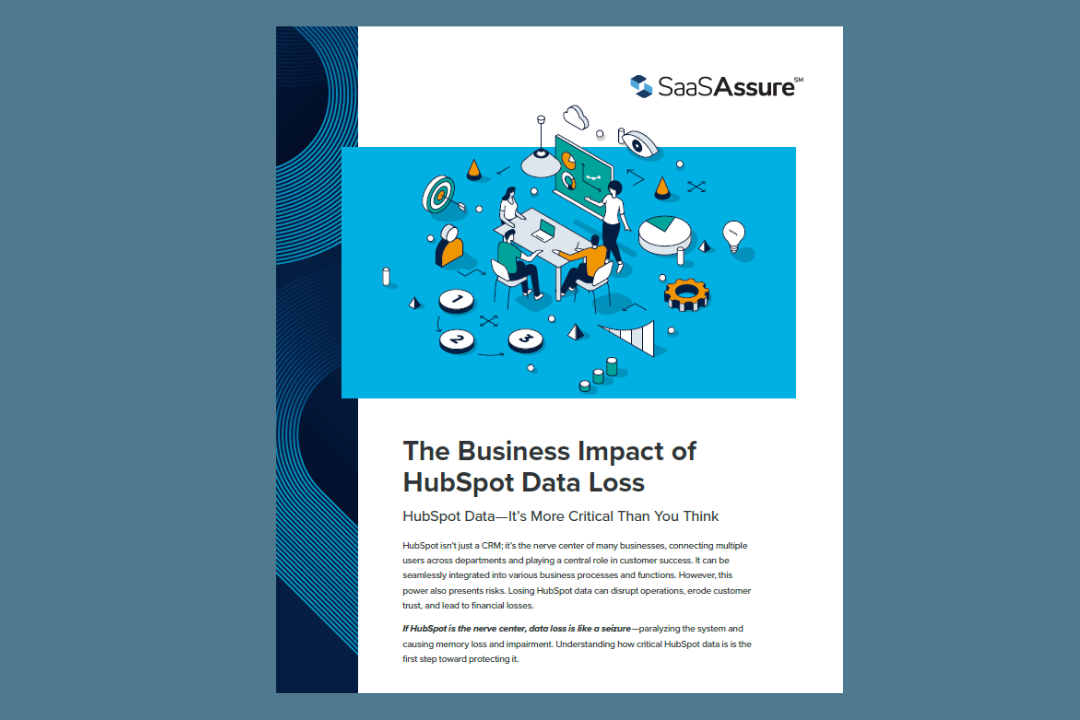Customers regularly want more computer than they have cash, and system builders often have more caution than credit options. Point of sale (POS) financing plans offered by third parties like Afterpay, Klarna, Sezzle, and others can help both groups get what they want.
What’s driving new “Buy Now, Pay Later” options? One factor, according to Sezzle’s Chief Revenue Officer Veronica Katz, is that 30% of millennials don’t have a credit card. POS financing with a BNPL option lets them spread payments without one.
It’s an option that 40% of American shoppers have used, according to a Credit Karma/Qualtrics survey, and usage was highest among Gen Z and millennials. Katz likens BNPL to a “responsible form of training wheels to enter the credit world” for consumers.
For custom builder Jon Bach, president of Puget Systems, in Auburn, Wash., adding POS financing to the dozen different payment options his firm offers is a way to remove sales stumbling blocks. His primary concerns when vetting POS platforms were ease of use for customers and how well the BNPL software integrated into his website. “”I don’t like referring customers to a third party and it not go well,”” he says.
He chose the Affirm platform. “The credit checking and approval process happens in near real time, and are well done,”” he says. “”It’s an easy process, and customers go from start to checkout in 15 minutes or so.”
Bach says Affirm offers some advantages over credit card orders: “There’s no chargebacks for anything, and we don’t know if a customer defaults.” In addition, the terms he pays are close to the credit card fees, and the full purchase price hits his bank via ACH within a day or two.
His favorite feature of working with Affirm? “It’s not leasing, which is very manual; there’s a different lender every time, and a poor experience for our consumers.”
Bach says it did take some negotiations with Affirm to get the payments stretched from the default 12 months to 24 and then to 36, to better match the upgrade cycle. “We plan for our systems to last well past three years, so a three-year schedule isn’t bad,” he notes.
POS financing is primarily for individuals, but Bach says he was looking into business financing when the COVID lockdown hit. “”At the time, because of the uncertainty, they would only give us 50% of the funds up front and pay the rest over the term. Now they’re open again to 100% financing for customers with exceptional credit.” He hasn’t decided to pull that trigger but is leaning that way.
POS financing isn’t for everyone, of course. Mike Beuligmann, president of St. Louis-based eCollegePC, only offers POS via PayPal. “We looked at companies like Affirm and feel their fees are quite a bit higher than credit card processing fees,” he explains. This has not impacted his business, he adds, as most of his customers are business professionals who “aren’t the ones that use POS financing.”
There can be some downsides to BNPL that customers should be aware of as well. For instance, some financial experts warn that the protection for returns and warranties is not as good as what credit card companies offer. In addition, there are no federal regulations to protect the consumer. And depending on the provider and the customer’s credit rating, they may have to put down 25% of the price up front.
Still, according to Sezzle’s statistics (which apply to all consumer businesses, not just technology), offering POS financing increases the average order value by 32%, with 40% fewer returns. Plus, says Katz, consumers feel a retailer with installment payments is more trustworthy and cares about its consumers more than other dealers. “This is a positive halo effect for brands.”
Bach likens his adoption of POS financing to offering multiple shipping options. “It’s our job to give the customer what they want.”
Image: iStock















